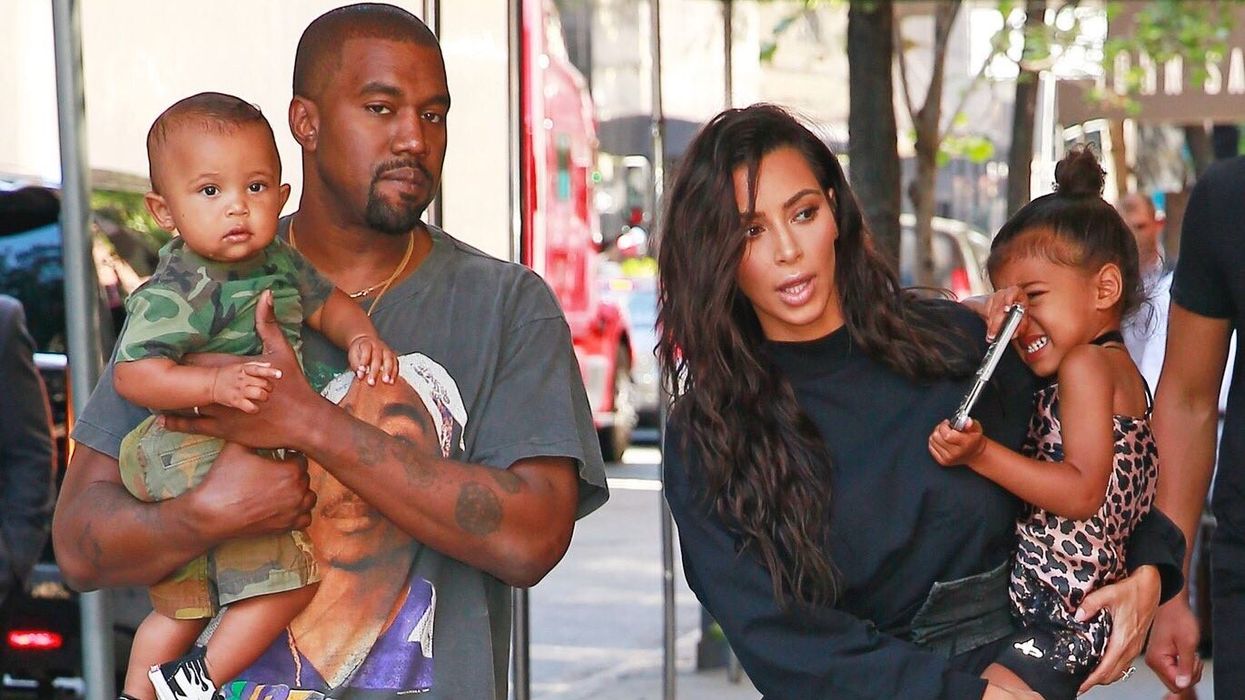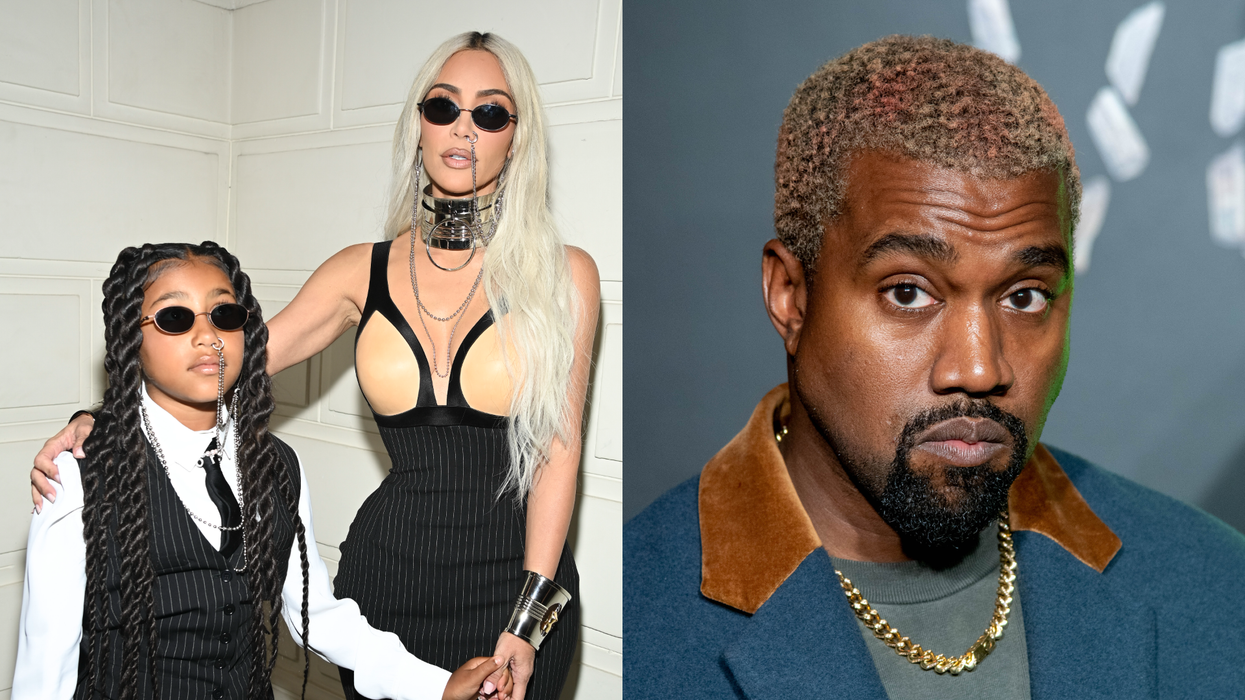In a recent sit-down with DJ Akademiks, Kanye West dropped several bombshells about his past marriage to Kim Kardashian, fatherhood, and their ongoing custody battle. The rapper, known for his unfiltered remarks, didn’t hold back in expressing deep regrets and making startling claims about their relationship.
West admitted that just two months into dating Kardashian, he no longer wanted children with her. “That was my mistake,” he said. “I didn’t see this future with her, but things didn’t go how I planned.” Despite this, the ex-couple went on to have four kids: North, Saint, Chicago, and Psalm.
- YouTubeyoutu.be
Their divorce has been messy, and West now claims he has little control over his children’s lives. He specifically called out Kardashian for trademarking their kids’ names without his full approval. “I don’t have equal say in their careers or public image,” he said. “These are my children too, but I’m treated like I don’t matter.”
Things got uglier when West released a song featuring their daughter North and Sean “Diddy” Combs against Kardashian’s wishes. She allegedly tried blocking the track, leading to a heated text exchange between them. West accused her of overstepping, while Kardashian argued she was protecting their daughter.

“She thinks she has all the power,” West said, visibly frustrated. “But I won’t let her shut me out of my kids’ lives.” He even threatened legal action, declaring, “If she keeps this up, neither of us will walk away clean.”
West’s interview outfit, a hooded black ensemble resembling KKK attire, sparked backlash, but he seemed unbothered. Instead, he doubled down on his grievances, framing the custody battle as a deeper cultural issue. “A white family controls the narrative around my Black children,” he claimed. “That’s not right.”
Despite the bitterness, Kardashian has previously said she wants “good vibes” between them for the kids’ sake. But with West’s latest revelations and legal threats, peace seems unlikely anytime soon.
One thing is clear: this feud is far from over, and their four children sadly remain caught in the middle.





